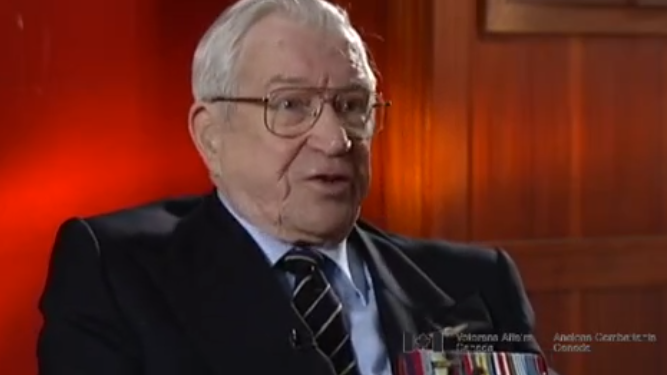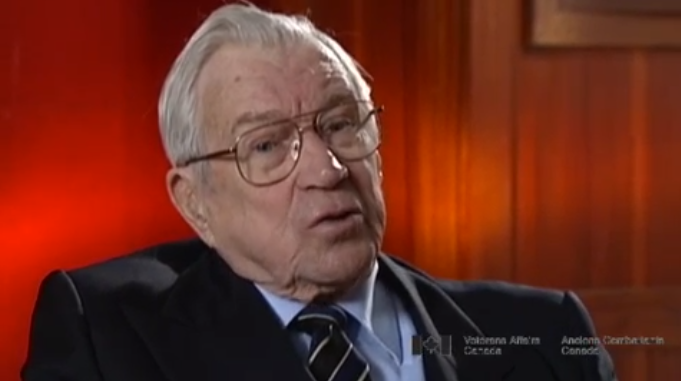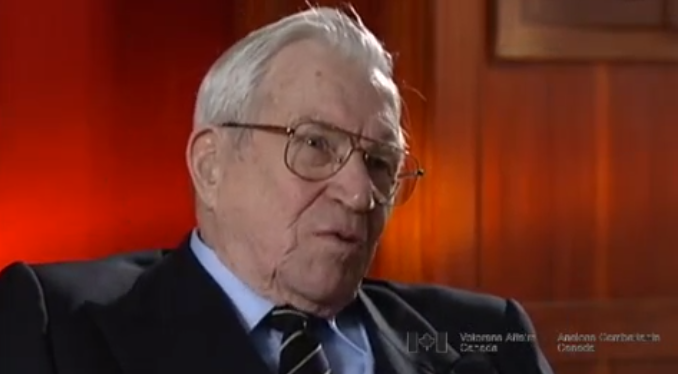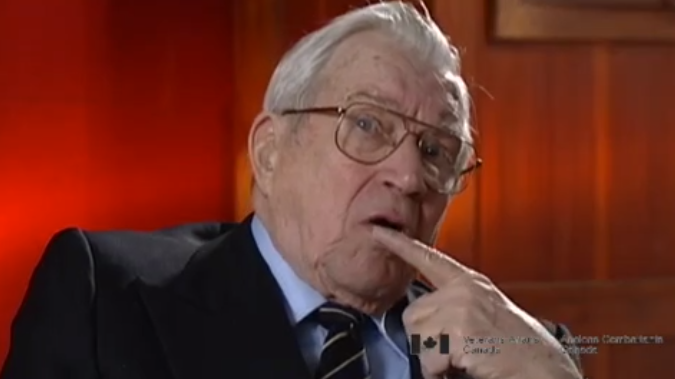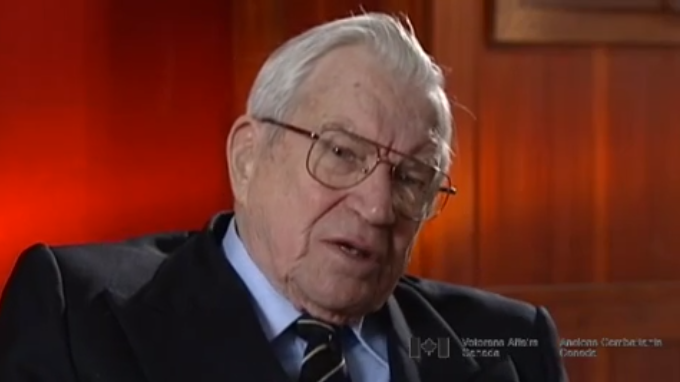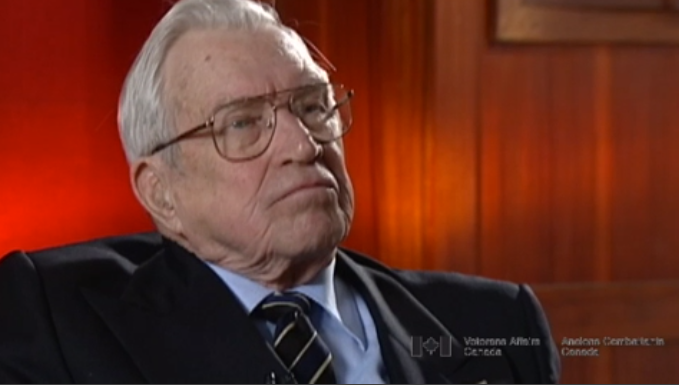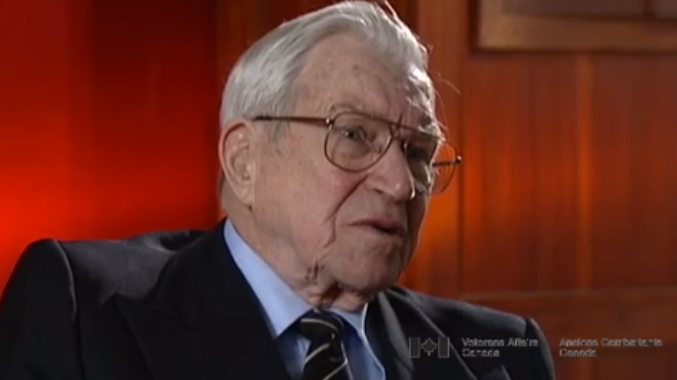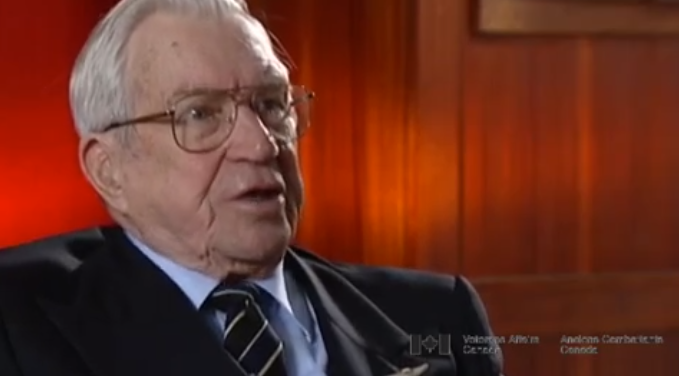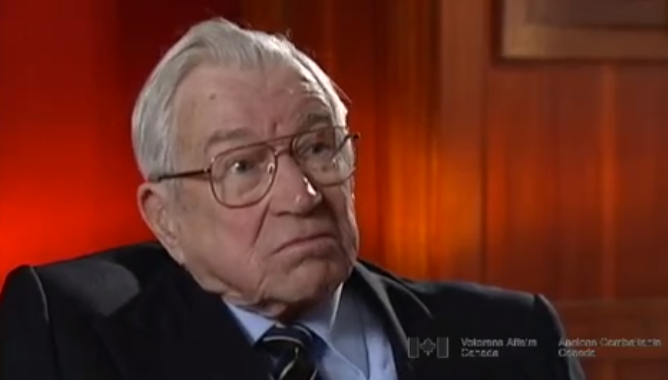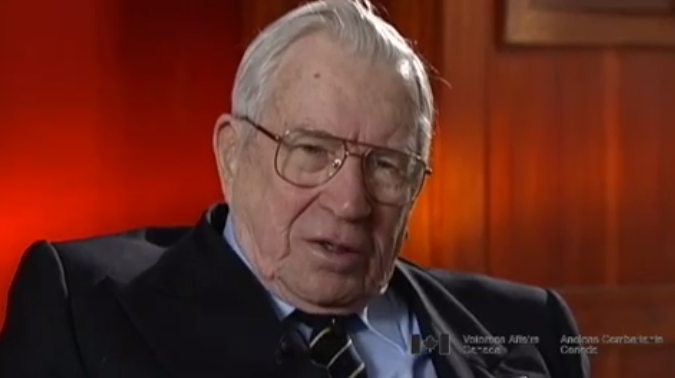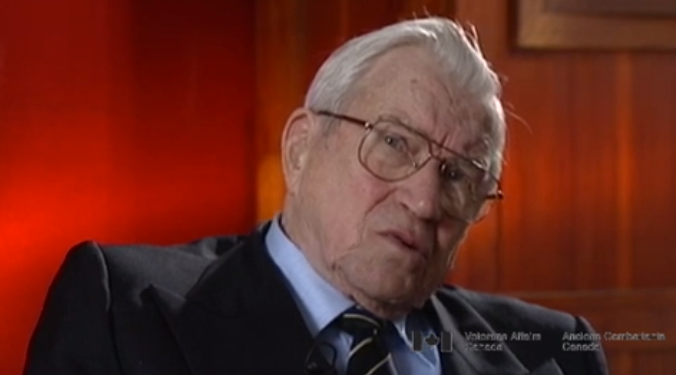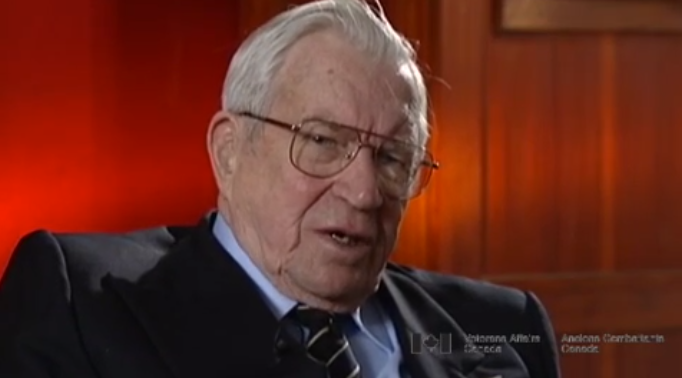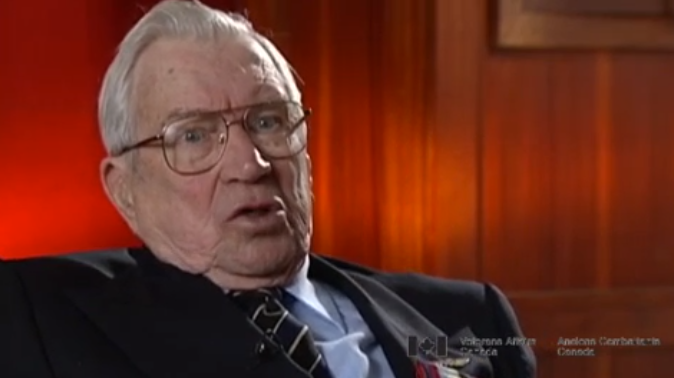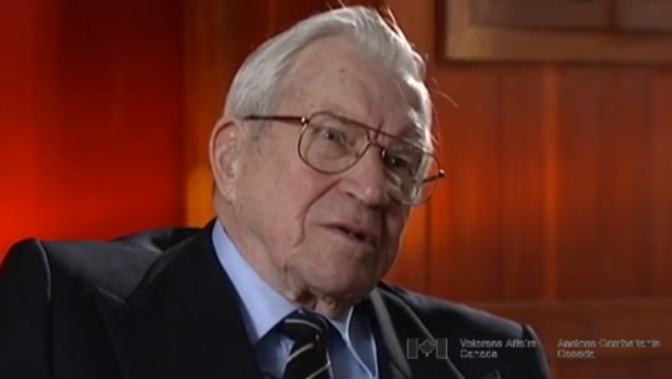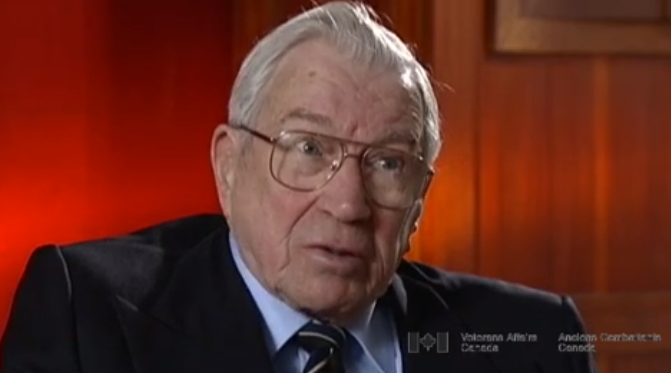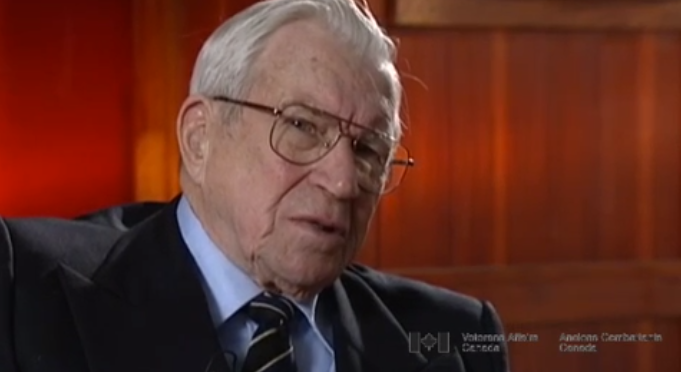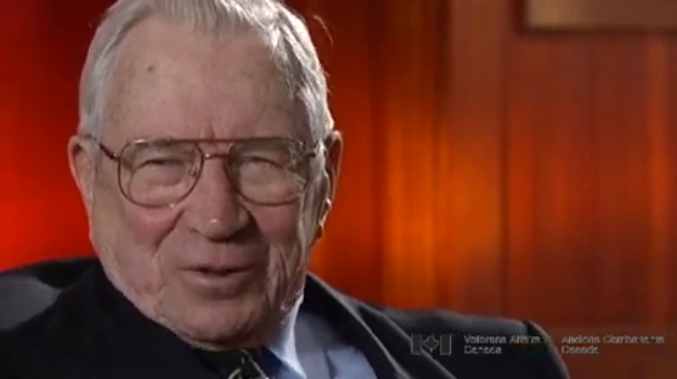Peacekeeping in Cyprus
Heroes Remember
Peacekeeping in Cyprus
Transcript
Soldier in military uniform looks through binoculars.
“peacemaking” I might accept but we had the Turkish forces oneTurkish, Greek and UN flags wave in the wind.
side and we had the Greek forces on the other and they had a natural hatred for each other. The atrocities that had been committed in Cyprus before the cease fire went into effect was burned into the memory of those people. It would still be there and I don’t think there’s any solution to that. The dividing line was what we called the Green Line between theseArmy jeeps and trucks on the side of the road.
two factions. And we had to patrol the Green Line and we had outposts to watch them and we would send out patrols and they’d go count the tanks. Say the Turkish tanks and make sure there was 12 yesterday, there’s still 12 today, you know, or if they snuck one off during the night or something. But when you’re walking down the Green Line, you realize that on one side there’s a young Greek soldier, 16 years old with a tommy gun and on the other side there’s a 16 year old TurkishYoung soldier stands guard with machine gun at his side.
soldier, he’s got a tommy gun too, and they’re sort of glaring across at each other and you’re in the middle. And you had toA young soldier walks with his machine gun towards a bunker.
hope, you know, that these fellows would control themselves and not open fire when you were there. We had a few, there were a few fire fights, not when I was there but other times. Some of the guys were killed. When the Greeks would start to rumble, the Turks would send their air force over from Turkey, mainland Turkey which is only 20 miles across the strait. They’d come over there and roar along very low, you know, and suddenly everything would go quiet, yeah. No, and we had troops there from all over the world; Finlanders, Norwegians, Swedes I guess, Canadians, British, yeah.. I think we were reasonably well regarded. The people in Nicosia knew that asFootage of the local area with Turkish flags waving in the background.
long as we were there, they were safe.Description
Mr. Bowen offers his opinion on being called a ‘peacekeeper’ and goes on to describe patrolling Cyprus’ Green Line, which divided the Turks and Greeks.
Gerald Bowen
Gerald R. Bowen was born in Ottawa, Ontario on October 13, 1925. He attended Lisgard High School, and was a paperboy. His family had prior military experience. His uncle had served in the Air Force and his father in the Army, later becoming an historian with the Department of National Defence. Mr. Bowen enlisted in the Navy where he became a telegrapher, serving aboard a Royal Canadian Navy frigate on convoy duty in the North Atlantic until the war ended. He left the service for a brief time and re-enlisted in the Canadian Army, where he became a paratrooper and a specialist in sabotage. He later served as a peacekeeper in Cyprus. Mr. Bowen’s extensive experience in the Canadian military offers us some very informative and perceptive anecdotes.
Meta Data
- Medium:
- Video
- Owner:
- Veterans Affairs Canada
- Duration:
- 3:09
- Person Interviewed:
- Gerald Bowen
- War, Conflict or Mission:
- Canadian Armed Forces
- Location/Theatre:
- Cyprus
- Branch:
- Army
- Units/Ship:
- Royal 22e Régiment
- Rank:
- Major
Related Videos
- Date modified:



